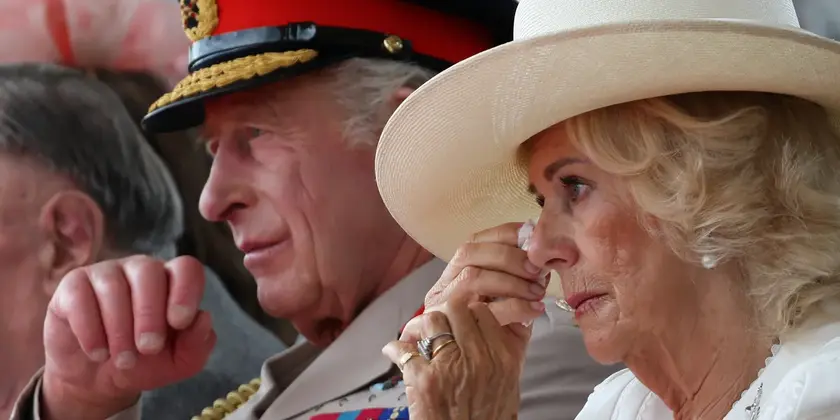T4K3.news
VJ Day Remembrance in the UK
King Charles leads the 80th VJ Day service as Japan reflects and regional reactions unfold.
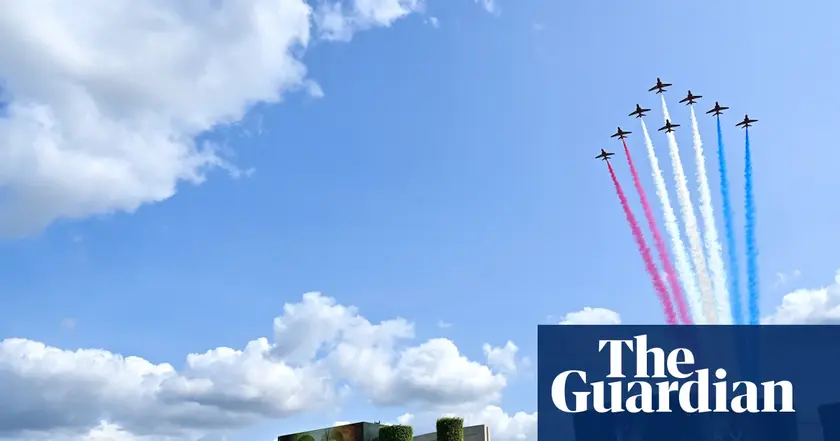
King Charles marks the 80th anniversary with a service in the UK while Japan and its neighbours watch how memory and diplomacy intersect.
British Crown Leads 80th VJ Day Remembrance as Japan Reflects
King Charles led the United Kingdom’s national service marking the 80th anniversary of Japan's surrender. The king was joined by Queen Camilla, the prime minister and 33 veterans aged 96 to 105 at the National Memorial Arboretum in Staffordshire. Wreaths were laid and a flypast by the Red Arrows accompanied testimonies from veterans who fought in the Far East. A Spitfire, a Hurricane and a Lancaster bomber flew over as the ceremony underscored the heavy price paid in that war.
In Tokyo, Emperor Naruhito spoke of deep remorse and sorrow in a solemn address. Two Japanese cabinet ministers visited Yasukuni Shrine, a move that drew protests from China and South Korea. China summoned the Japanese embassy to lodge solemn representations over the visit. In the UK, King Charles delivered an audio message about prisoners of war and the suffering in Hiroshima and Nagasaki, noting the price paid by civilians. Across Britain, landmarks were lit to mark VJ Day 80.
Key Takeaways
"We should also pause to acknowledge that in the war's final act, an immense price was paid by the citizens of Hiroshima and Nagasaki – a price we pray no nation need ever pay again."
Monarch's direct reference to the atomic bombings during the service.
"Let memory guide today’s choices for peace."
Editorially framed line about turning memory into action.
"Remembering the sacrifices keeps us anchored to the lessons of the past."
Reflective note on the purpose of remembrance.
"Memory should shape policy, not politics."
Concise call for memory to inform governance.
The ceremony shows memory as a living force in politics. The monarchy continues to shape national memory, even as foreign policy is tested by missteps tied to wartime symbols. The shrine visit underscores how remembrance can be a bridge or a fault line in regional relations.
Memory in such moments is not merely about the past; it guides present choices. How leaders translate memory into peaceful action will influence diplomacy with Asia and Britain’s own political climate at home. The tension between honoring sacrifice and addressing historic grievances will test public trust in institutions that preside over remembrance.
Highlights
- Remember the price paid by civilians and soldiers alike
- Memory should guide today’s choices for peace
- Let memory shape how we meet tomorrow’s challenges
- We must never forget the costs that history imposes on us
Diplomatic tensions over shrine visit and wartime memory
Two Japanese cabinet ministers visited Yasukuni Shrine, triggering protests from China and South Korea and raising questions about how wartime memory influences current diplomacy.
Memory can guide peace, but only if leaders choose to listen to the living meanings of the past.
Enjoyed this? Let your friends know!
Related News
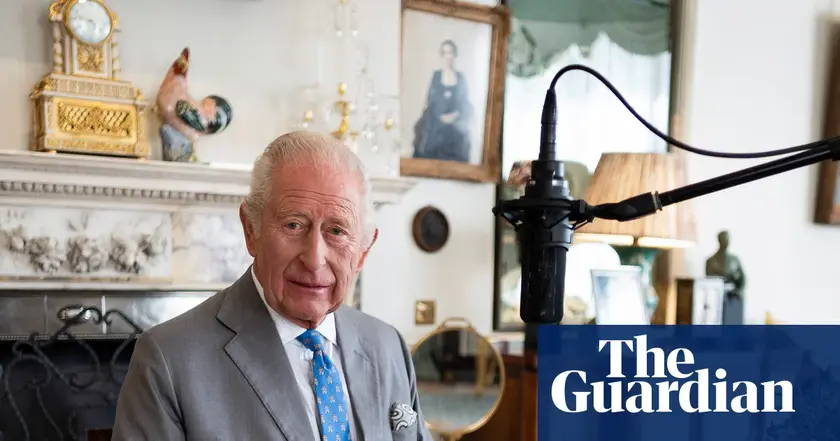
King Charles marks VJ Day anniversary
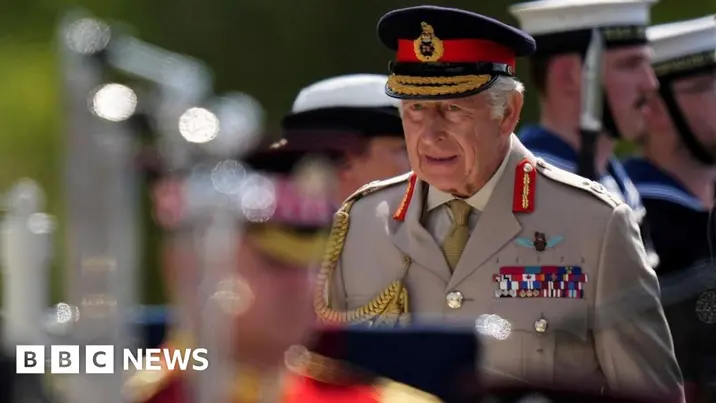
Royal remembers those who served
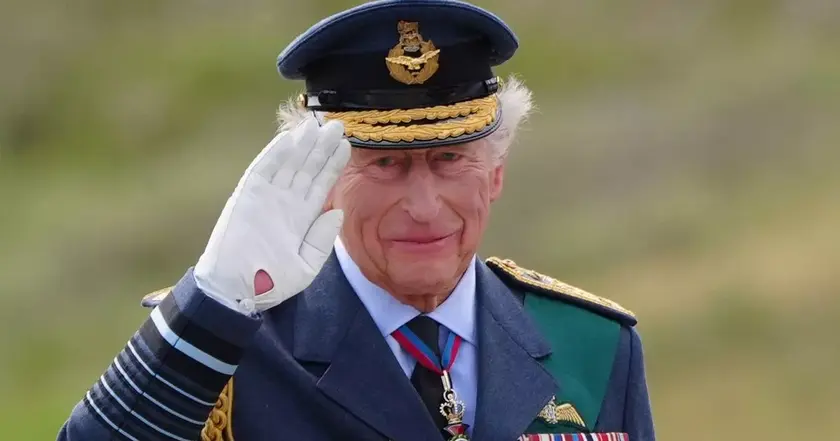
King Charles marks VJ Day
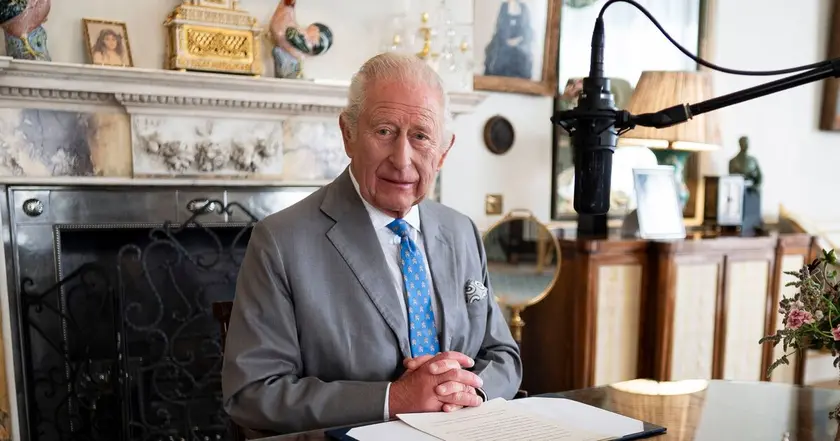
Royal remembrance event announced
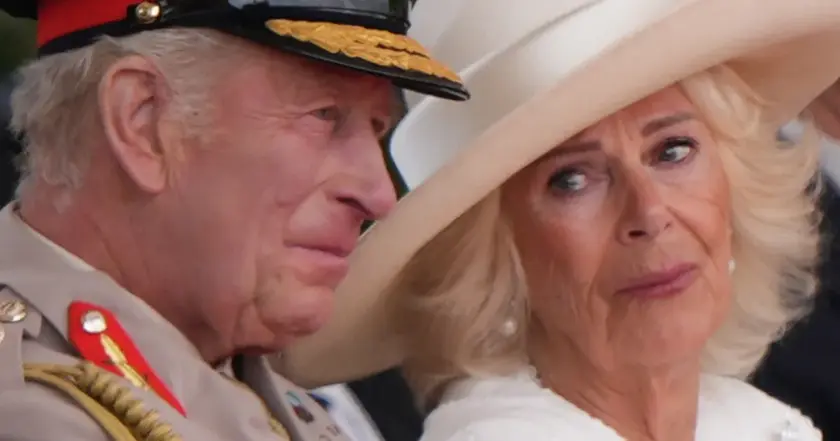
Queen Camilla tears at VJ Day service
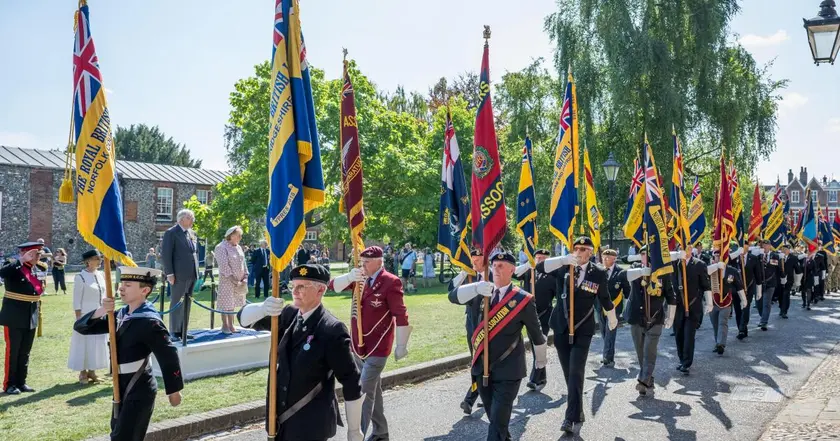
Norwich Cathedral marks 80th VJ Day anniversary
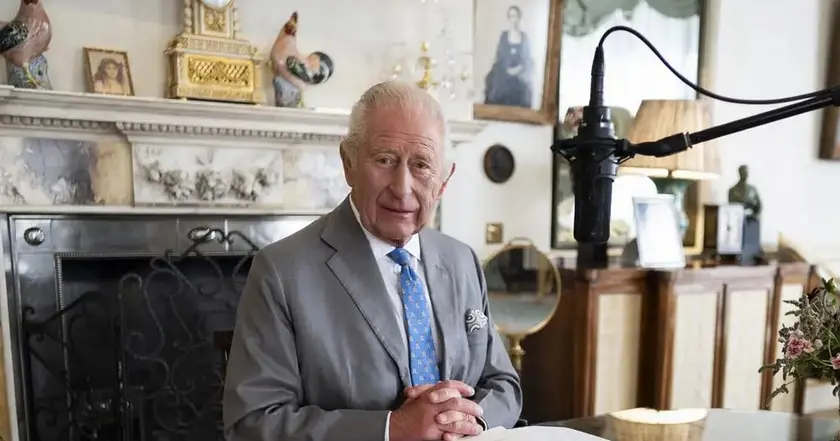
King Charles delivers VJ Day address
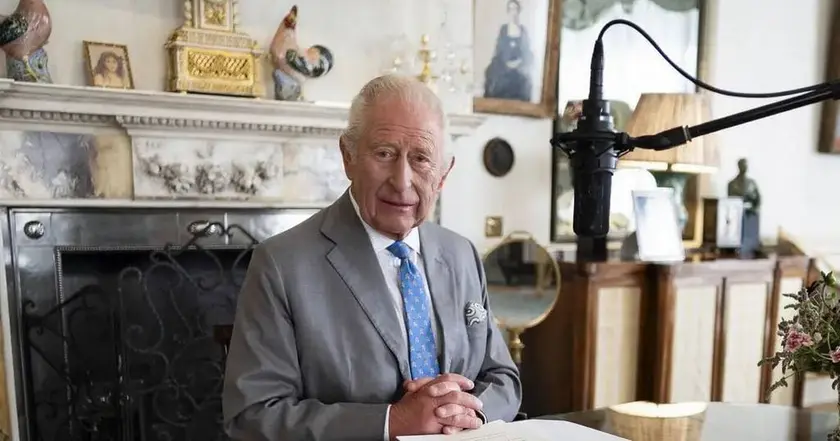
King Charles addresses nation on VJ Day
